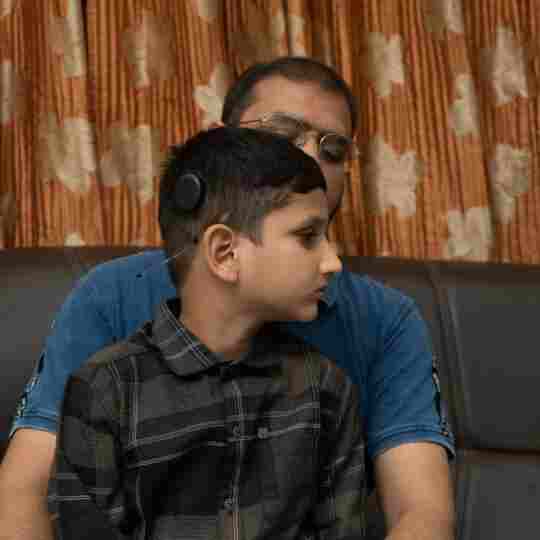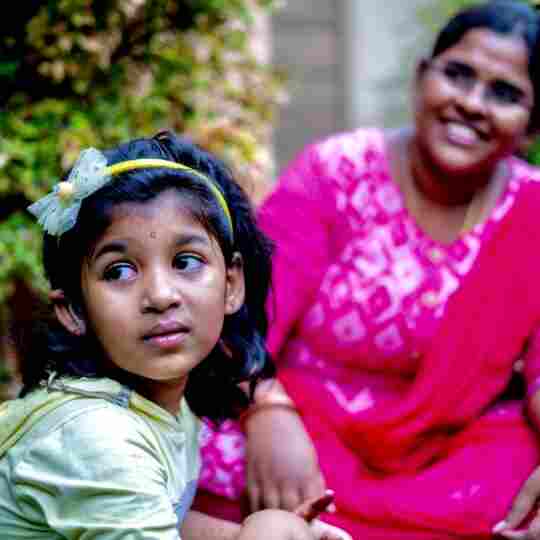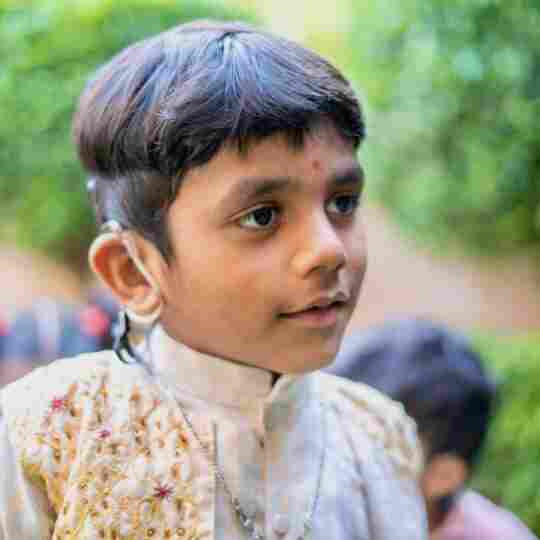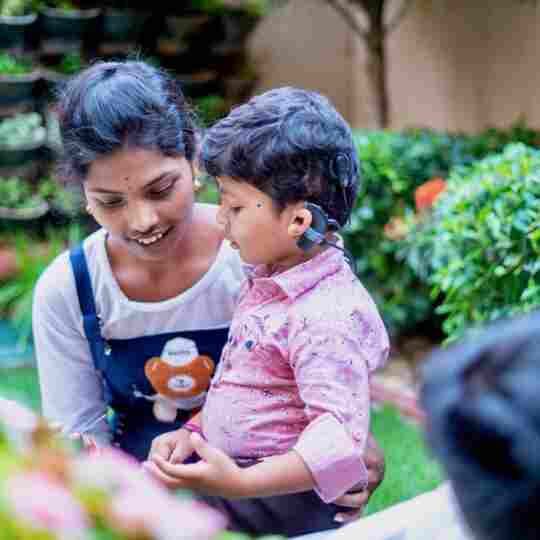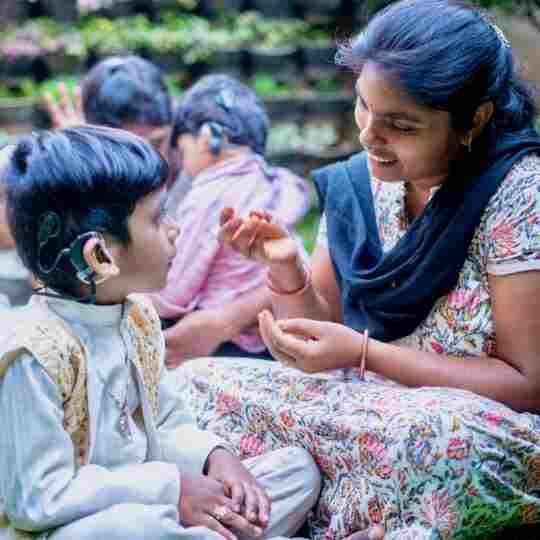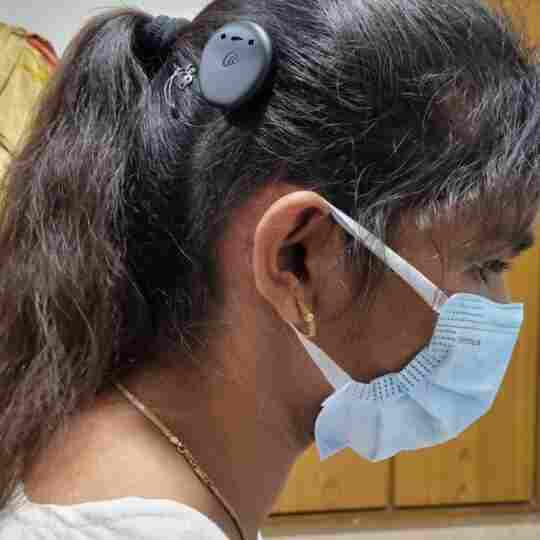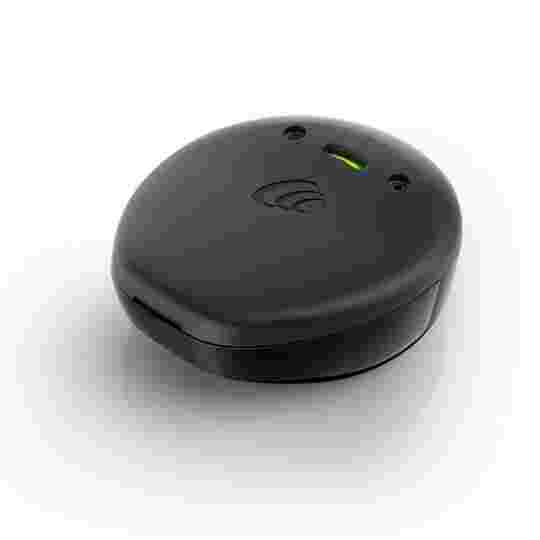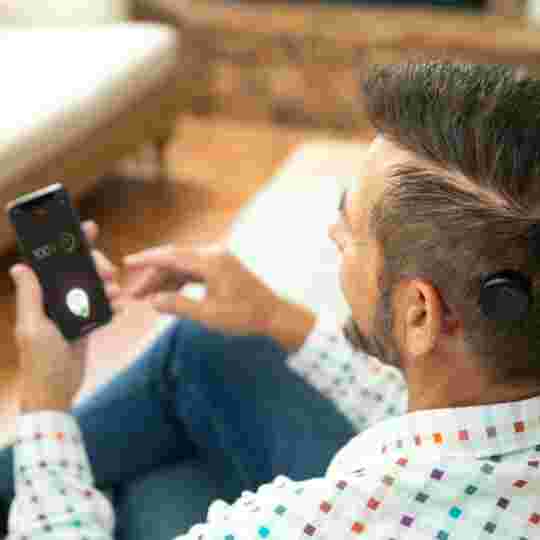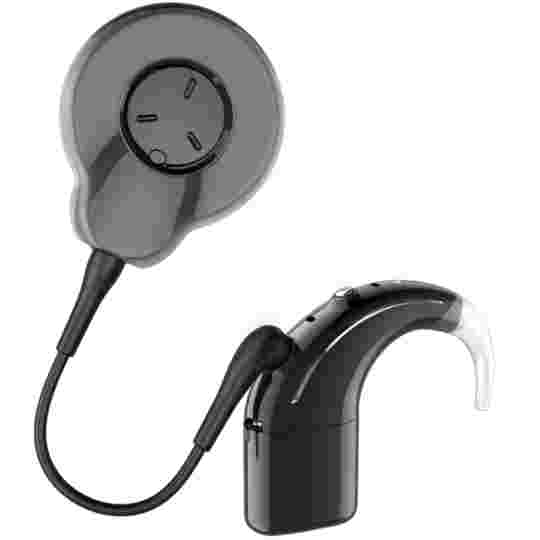Hearing Loss-cochlear implants
What is a cochlear implant?
A cochlear implant is a surgically implanted hearing device used in the rehabilitation of people with a significant hearing loss. Cochlear implant systems have both internal and external components. The external components include a speech processor, a transmitting coil, and a microphone. The surgically implanted internal components include a receiver and an electrode array.
How does a cochlear implant work?
- Sounds are picked up by the microphone and sent to the speech processor.
- The speech processor filters the sound into electrically coded signals.
- The coded signals are sent to the transmitting coil and through the skin to the implanted receiver.
- The receiver electrically activates the electrode array which in turn stimulates the fibers within the cochlea.
- Nerve impulses are sent to the brain where they are interpreted as sound.
What are the benefits of a cochlear implant?
Cochlear implants can provide access to a wide range of environmental sounds and the full spectrum of speech sounds. They do not restore normal hearing. For deaf children, cochlear implants can provide an opportunity to develop listening and spoken language skills. In the long term, cochlear implants can provide benefits in terms of children’s educational achievement, social independence and quality of life. The outcomes for each child vary and depend on many factors which include: their duration of deafness, their age at implantation, the presence of any anatomical abnormalities or additional difficulties, and the support they get at home/school. The expected outcomes for your child will have been discussed with you during the course of the assessment
What happens during the surgery?
The nurses\ot staff will take your child down to the operating room. The surgery takes about 1-2 hours for one cochlear implant . When your child is asleep under anaesthetic, A cut will be made in the crease behind the ear and a bony tunnel will be drilled to the middle ear where the entrance to the cochlea is found. A ‘bed’ for the implant is made by drilling away some bone on the surface of your child’s head. This is so that the implant lies flat on the head and does not leave a bump. The natural opening to the cochlea is opened and the implant electrode is very carefully threaded into the cochlea. Whilst your child is still asleep, the cochlear implant is tested by the audiologist to make sure that it is working well. Once this is done, the wound is closed with dissolvable stitches which do not need to be removed.
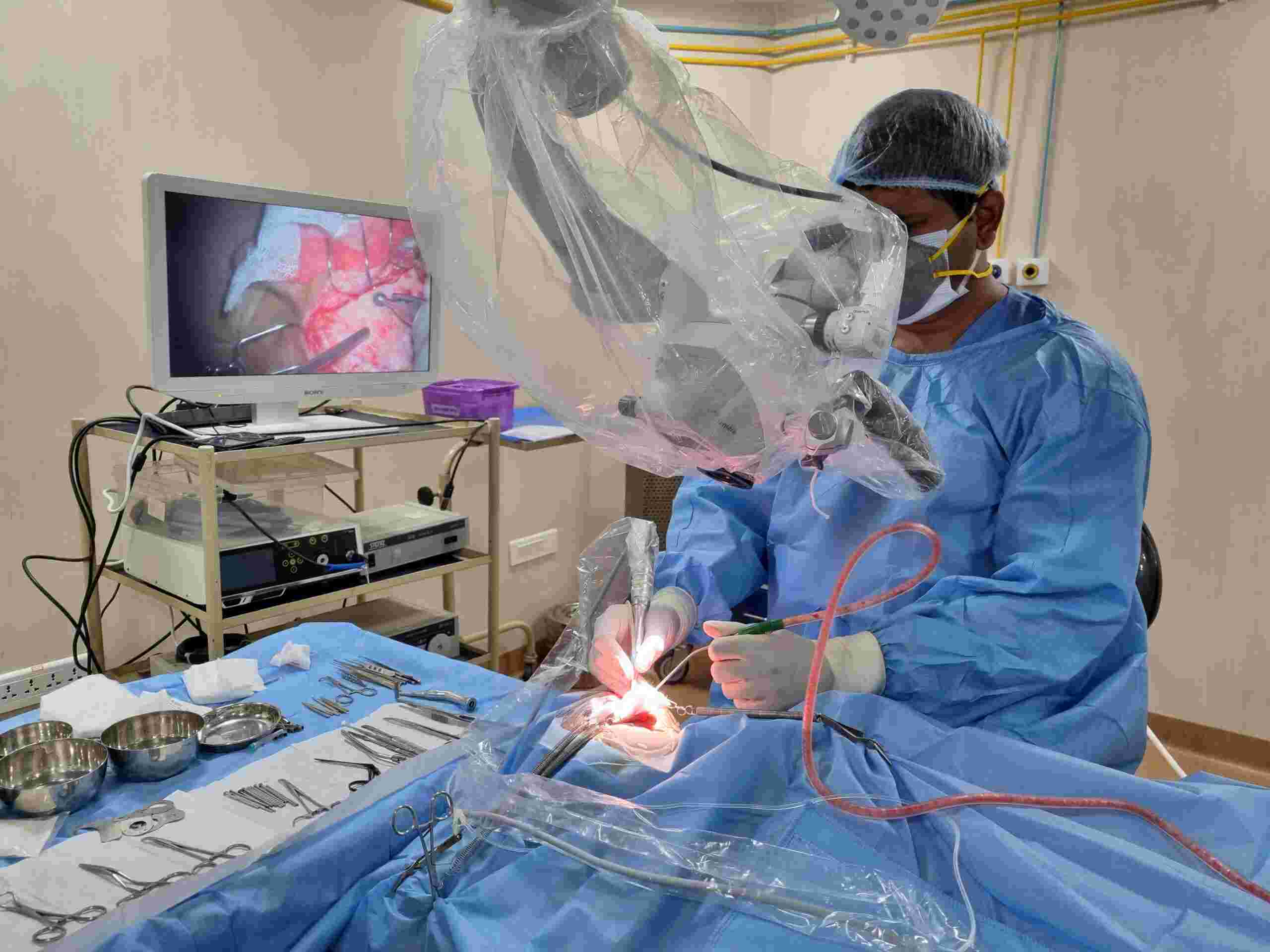
Will my child feel any pain?
Cochlear implant surgery causes little pain. If necessary, children can be given analgesic as pain relief.
What happens after the surgery?
Your child will go back to the ward once he/she has recovered from the anesthesia. A pressure bandage will be around his/her head to help with healing. Your child may feel sleepy for the rest of the day. They might also feel sick in the tummy or vomit as a result of the general anaesthetic which is temporary.
Will my child hear immediately after implant surgery?
During surgery implant will be switched on and nerve stimulation and electrode impedances will be checked and then device will be switched off. After 10 days suture removal will be done followed by switch on and external processor will be attached. From this point child starts to hear sounds. In elderly hearing will be spontaneous after switch on. But for infants or kids will have to undergo frequent mapping and AVT therapy sessions to get optimal hearing and speech
When will my child speak?
Speech doesn’t start immediately in kids who were borne with auditory impairment. Kids along parents help need to take speech therapy for a period of 1.5 to 2 years or more to completely develop speech.
In kids who are implanted below 2 years of age or kids using prior hearing aid already undergoing prior speech therapy tend to develop much faster.
There’s also well documented proof that tells kids with binaural hearing loss and underwent bilateral implant tend to improve much faster than kids with unilateral cochlear implant.

Contact us
Bayya Hospitals
12-25-192, Bhagath Singh Centre, Kothapet, Guntur, Andhra Pradesh 522001
0863-2225729
+91 6304429294
+91 93819 22827
Useful Links
Consultation Hours
For ENT
Monday – Saturday 9AM – 1:30 Noon,
Evening 5:30PM to 8:00PM
Sunday – CLOSED
For EYE
Monday – Saturday 9AM – 5:00PM
Sunday – CLOSED
